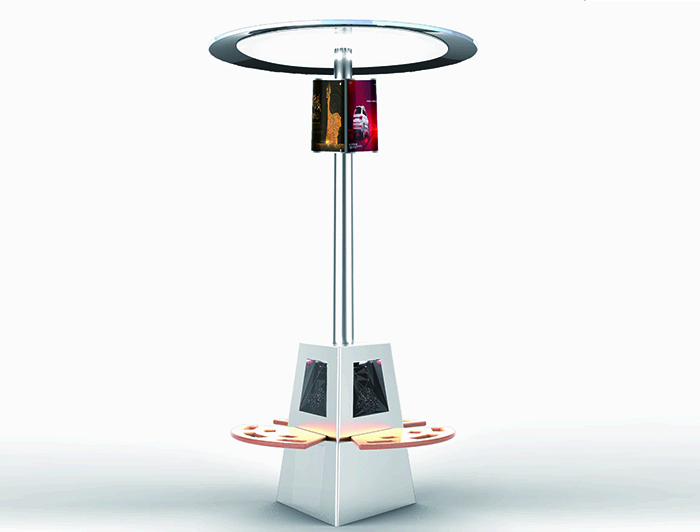Shenzhen Weiyin Wireless City Technology Development Co., Ltd.
Contact: Mr. Hu: 13823601807
Mr. Li: 13825205870
Tel: 0755-28562906
Address: 2/F, Building E, Hengchangrong Industrial Park, Pinghu Street, Longgang District, Shenzhen, Guangdong, China
Shenzhen Weiyin Wireless City Technology Development Co., Ltd.
Contact: Mr. Hu: 13823601807
Mr. Li: 13825205870
Tel: 0755-28562906
Address: 2/F, Building E, Hengchangrong Industrial Park, Pinghu Street, Longgang District, Shenzhen, Guangdong, China
What is the working principle of the hot solar chair now?
The company has developed a concentrating solar chair for solar energy applications. Let me talk about the working principle of the solar chair:
A solar cell is a device that directly converts light energy into electrical energy through a photoelectric effect or a photochemical effect. Thin film solar cells operating with photoelectric effect are the mainstream, while wet solar cells operating with photochemical effects are still in their infancy. There are usually two ways to convert photoelectrically:
1. Photo-thermal-electrical conversion mode, which uses heat generated by solar radiation to generate electricity. Generally, solar collectors convert the absorbed thermal energy into working fluid vapor, and then drive the steam turbine to generate electricity. The former process is the light-to-heat conversion process; the latter process is the heat-to-electricity conversion process, which is the same as ordinary thermal power generation. The disadvantage of solar thermal power generation is that it is very inefficient and costly, and it is estimated that its investment is at least higher than ordinary fire. The power station is 5 to 10 times more expensive. A 1000 MW solar thermal power station needs to invest between US$2 and US$2.5 billion, with an average investment of 2,000 to US$2,500. Therefore, it can only be applied to special occasions on a small scale, and large-scale utilization is economically uneconomical and cannot compete with ordinary thermal power plants or nuclear power plants;
2. Direct conversion of light-electricity, direct conversion of light-electricity This method utilizes the photoelectric effect to directly convert solar radiation energy into electrical energy. The basic device for optical-electrical conversion is solar cells. A solar cell is a device that converts solar energy directly into electrical energy due to photovoltaics. It is a semiconductor photodiode. When the sun shines on a photodiode, the photodiode turns the solar light into electrical energy. Current. When many batteries are connected in series or in parallel, they can become a square of solar cells with relatively large output power. Solar cells are a promising new type of power source with three advantages of cleanliness and flexibility. Solar cells have a long life. As long as the sun exists, solar cells can be used for long-term investment. Compared with thermal power generation and nuclear power generation, Solar cells do not cause environmental pollution; solar cells can be large and medium-sized, ranging from a medium-sized power plant with a capacity of one million kilowatts to a solar battery pack for only one household, which is unmatched by other power sources.

In China, the solar power industry also has strong government encouragement and funding. In March 2009, the Ministry of Finance announced plans to subsidize large-scale solar projects such as solar photovoltaic buildings. With the development of the solar energy industry, the application of solar energy has penetrated into many devices, such as solar water heaters. How to fully utilize solar energy into solar energy leisure chairs has become a common concern in the society.
